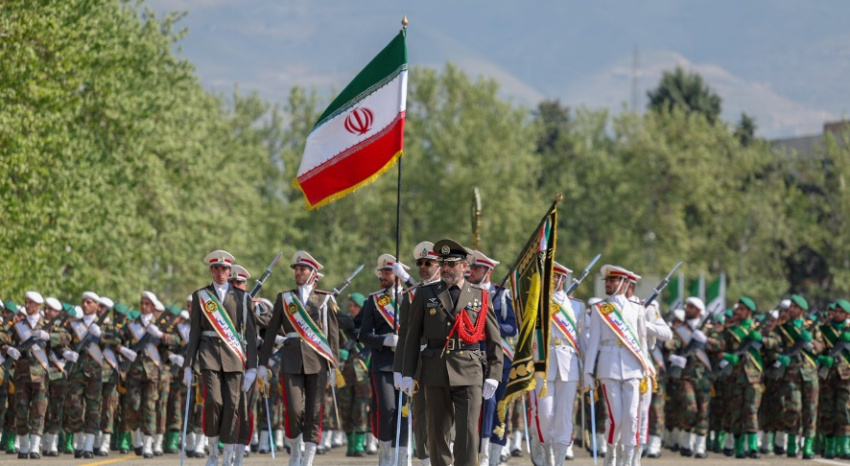After the War, the Nationalist Turn in Iran

After the second Imposed War, it is now time for a nationalist turn in Iran. In the vortex of post-revolutionary Iran and its heroic history punctured with so many crises, the existential threat posed by the latest crisis indeed mandates such a landmark turn of a new chapter in Iran's external relations guided solely by the dictates of national interests. The illegal and unprovoked war by Israel and US against Iran has triggered a tsunami of nationalistic and patriotic upsurge among the ordinary Iranians, reflected at the top by the recent chant of "ay Iran" urged by the Supreme Leader after the ceasefire.
Although at this stage it is unclear if the ceasefire will hold or melt in the lava of another round of warfare between Iran and Israel, regardless it is abundantly clear that we are now witnessing the emergence of a new nationalist discourse in Iran, centered on the country's core national interests, which should be understood and promoted without any ideological filters. Iran fought this asymmetrical war on its own, without any external support, and the war showed the limits of outside support the country can count on. This was, at the same time, a direct Western assault on Iran-China relations, aiming to disrupt Iran's emergence as a major source of China's energy security, thus warranting a deepening of Iran--China ties with concrete steps at the military and geostrategic fronts.
That aside, the new nationalist turn in Iran will likely militate against any attempt to continue the 'business as usual' with respect to the hitherto unchanged approach toward the Arab-Israeli conflict. A certain disengagement from this conflict, in order to protect Iran's nationalist interests, is definitely called for, militating against any future overcommitment to such extraterritorial issues as Palestine or Lebanon solidarity. Iran has already paid exorbitant prices for this overcommitment, stemming from its 'reason of revolution' religio-ideological values and principles, that stand in uneasy relations with the interest-based 'reason of state.' The uncoupling of the two logics of state-making in today's Iran is the sine qua non for the future progress of the country, dictating even the hitherto taboo notion of peaceful coexistence with the state of Israel, a UN member state, regardless of the high tensions of the present conflict. That taboo needs to be cast aside through the lens of national interests, notwithstanding the absence of any core national interest at stake in the conflict with Israel. As difficult and unlikely as this might seem at the moment, a nationalist turn in today's Iran would lead the policy-maker to no other viable alternative, except the abyss should it be disregarded.

